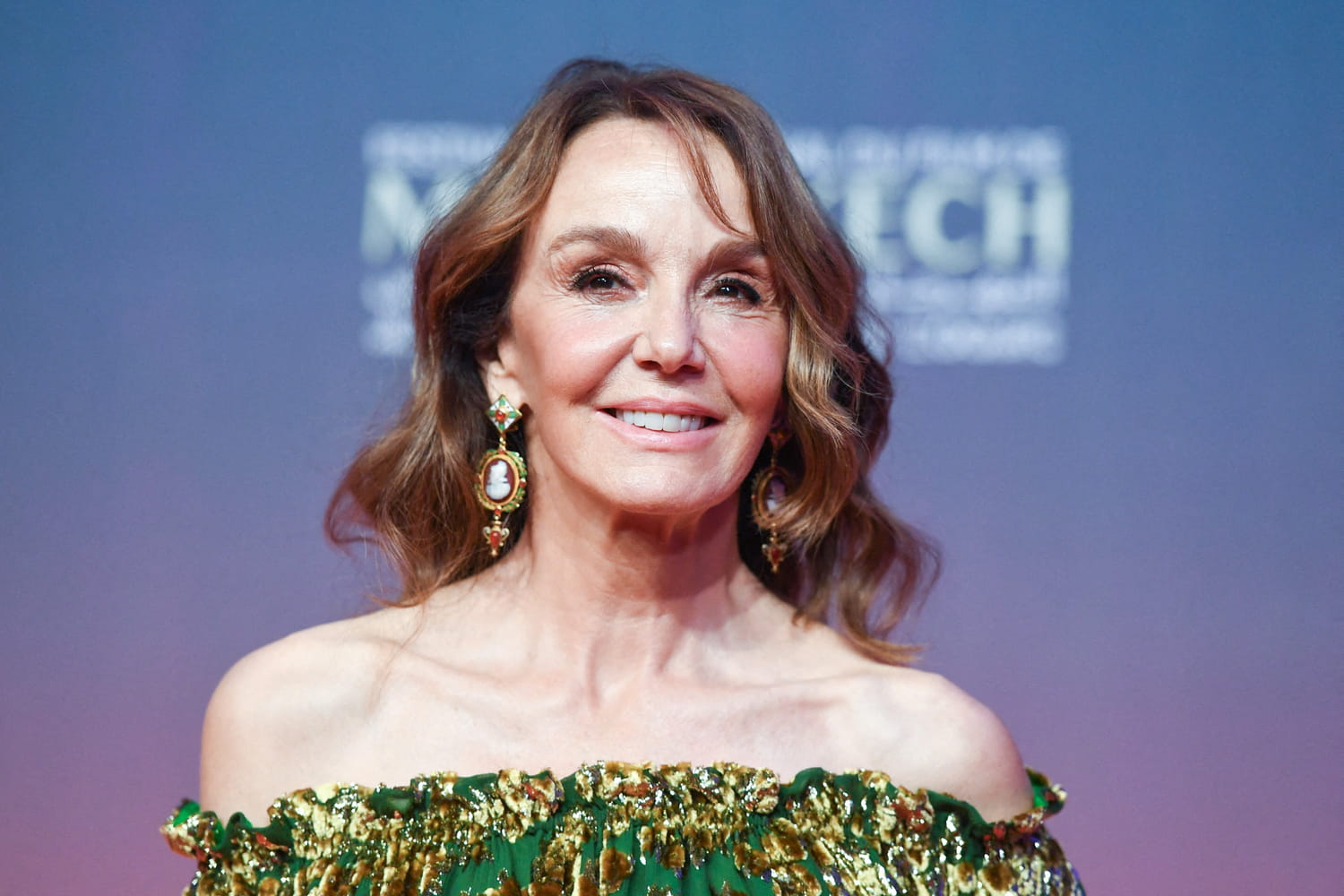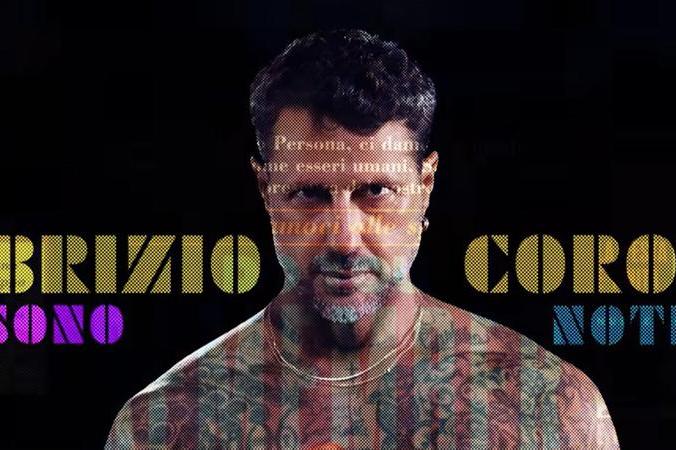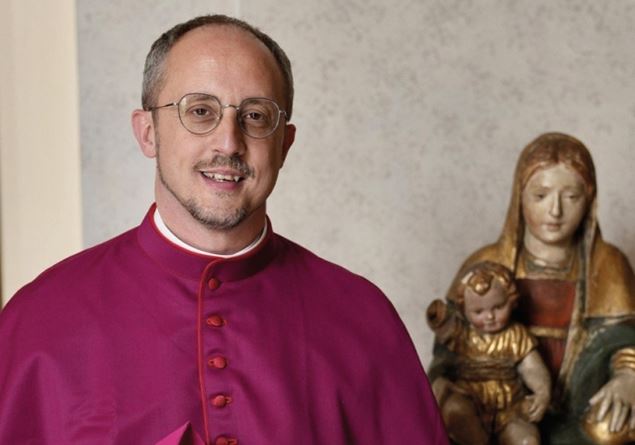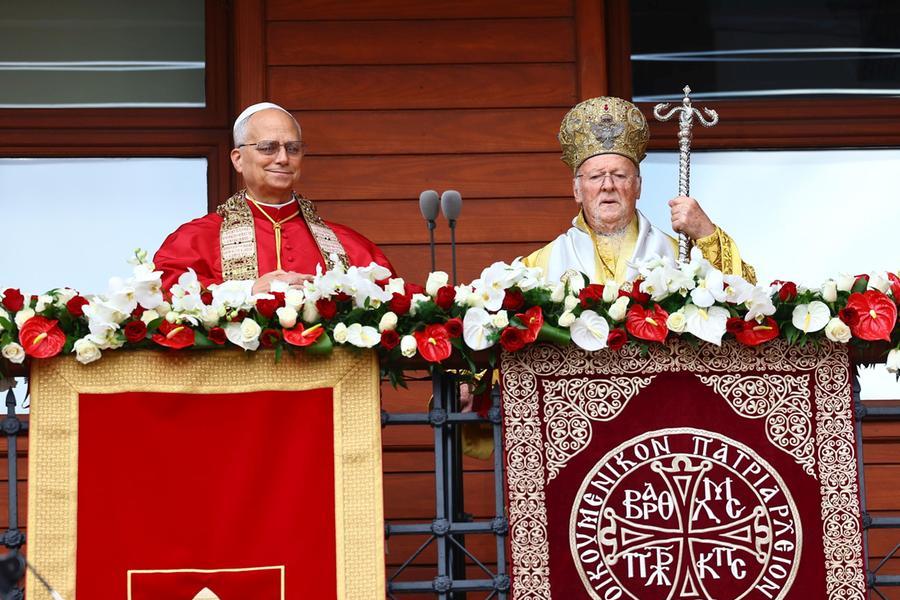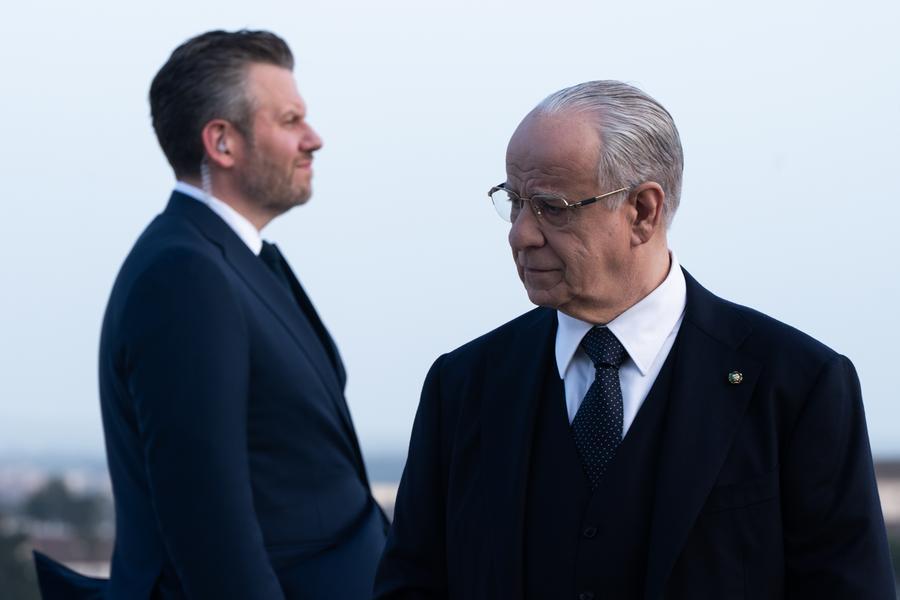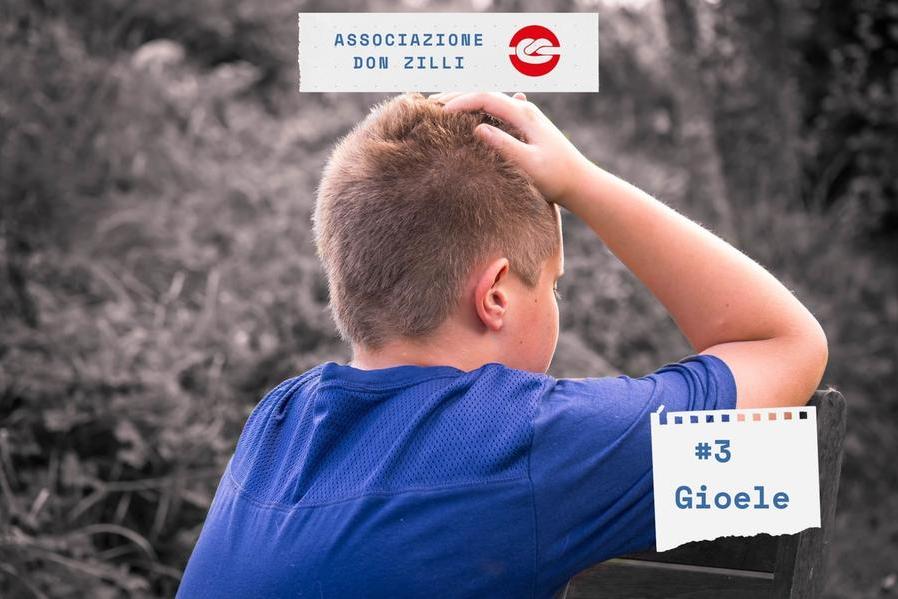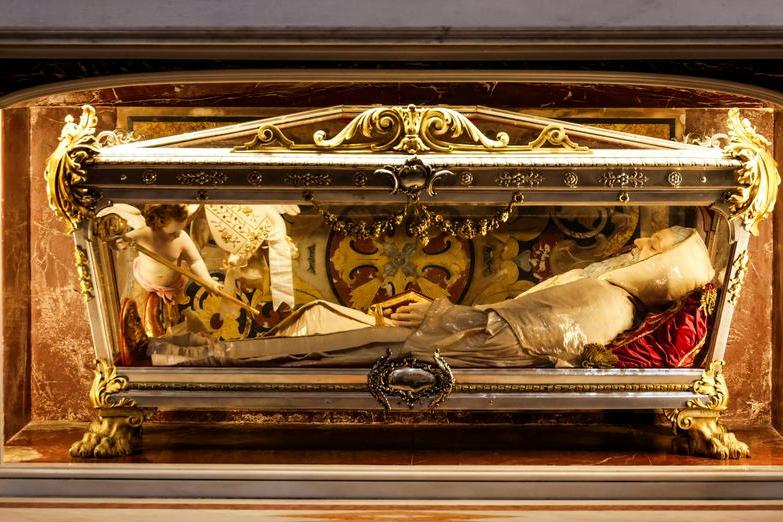October 28 marks the 60th anniversary of the declaration Our AetateVatican II document on the relations of the Catholic Church with non-Christian religions. Since then, however, the same question has remained alive: how to reconcile the recitation of the Creed which implies a very specific mission and respectful openness to other confessions? We addressed it to Monsignor Flavio Pace, secretary of the Dicastery for Christian Unity, also responsible for dialogue with the Jews.
«Initially», explains the archbishop, «John XXIII’s project, after the meeting with Jules Isaac, was supposed to concern only the relations between Christianity and Judaism, but was later extended to other non-Christian religions. The anniversary of Our Aetate it must therefore be celebrated first and foremost in relation to Jewish-Christian relations, which are very difficult in this historical moment due to the war in the Holy Land. It is precisely when it is difficult to understand each other that we must try to dialogue even more. Furthermore, it is necessary to place the Our Aetate in the context of the Council and remember that this declaration of October 1965 was followed, in November, by the dogmatic constitution Dei Verbum on Divine Revelation, solemnly promulgated by Paul VI. This dogmatic constitution shows that the invisible God in his great love addresses us men as friends, thus inserting Revelation into a process of personal dialogue and relationships. The mission is lived in the context of a sharing of gifts. As far as Judaism is concerned, we recognize our roots in an even greater way, since “the gifts and the call of God are irrevocable” quoting Saint Paul in the Letter to the Romans (11,29) and the document of the Commission for Religious Relations with Judaism published in 2015 on the occasion of the fiftieth anniversary of Our Aetate».
With the Council and the declaration Our Aetatethe Catholic Church self-criticized its difficult past relations with the Jewish people. Can we expect a similar questioning on the part of the rabbinical authorities?
«We know that some young Jewish supremacists behave badly towards Christian pilgrims in the Holy Land and their anti-Christian actions are documented in particular by the annual report of the Rossing Center, an Israeli NGO that describes itself as interfaith. The global Jewish world is not organized in a hierarchical way like the Catholic Church and there is no single authority with which to dialogue on these issues, which concern education in particular. Therefore, it is the interpersonal bonds that count and it is more urgent than ever to dialogue in mutual frankness with the rabbis we know so that they feel challenged not only by the episodes just mentioned, but by what could be the causes at the level of training. We have the duty to cultivate the spiritual dimension in our relationships, trying to renew the education of people, young people and adults, in a dynamic of mutual respect. The Catholic Church cannot remain alone in making its mea culpa and the representatives of other religions must also assume their responsibilities in the face of history. And above all, the gaze cannot always be anchored to the past but must be aimed at a different future, especially when history seems merely a poisoned well.”



